Home / mumbai / 200+ BEST Buses Taken Off Mumbai Roads Amid Sudden Driver Strike
200+ BEST Buses Taken Off Mumbai Roads Amid Sudden Driver Strike
By: My India Times
3 minutes read 37Updated At: 2025-01-13

Mumbai, often called the city that never sleeps, faced a significant disruption in its public transportation on Monday. Over 200 buses operated by the Brihanmumbai Electric Supply and Transport (BEST) were pulled off the roads following an unannounced strike by drivers working under a wet lease agreement. The strike created chaos across the city, leaving countless commuters stranded and frustrated.
What Triggered the Strike?
The incident that prompted the strike involved a pregnant conductor working for Mateshwari Urban Transport, the contractor responsible for the buses in question. The conductor had submitted a request for modified duties due to her advanced pregnancy, but her manager allegedly dismissed the request and subjected her to derogatory remarks. This display of disrespect incited her colleagues, leading them to cease operations in protest.
Impact on Mumbai's Public Transport
The strike affected buses from two major depots—Pratiksha Nagar and Dharavi. Over 100 key routes connecting South Mumbai, the central suburbs, and the eastern parts of the city were disrupted. For daily commuters, the sudden halt in bus services meant turning to more expensive alternatives like auto-rickshaws and taxis.
With BEST buses being a lifeline for millions, the disruption caused widespread frustration. Passengers lamented the lack of reliability in a service they depend on every day.
Workers’ Long-Standing Grievances
Beyond the immediate trigger of the strike, the protest highlights the ongoing issues faced by contractual workers under the wet lease system:
- Delayed Salaries: Workers have complained about irregular and delayed salary payments, making it difficult for them to sustain their livelihoods.
- Low Wages: The pay provided to drivers and conductors under the contract is significantly lower than permanent employees of BEST.
- Job Insecurity: Contractual employees have repeatedly demanded permanent employment status, which would grant them better pay, benefits, and job security.
BEST's Financial and Leadership Challenges
The current circumstances highlight the internal challenges faced by BEST. The organization is presently functioning without a General Manager, which has resulted in a lack of robust leadership to oversee public transportation operations efficiently.Additionally, BEST is burdened with liabilities amounting to nearly ₹10,000 crore, further hindering its ability to address worker concerns or improve services.
Penalties and Actions by BEST
BEST has criticized the wet lease contractor, Mateshwari Urban Transport, for failing to handle worker grievances appropriately. Officials have announced plans to impose penalties on the contractor to hold them accountable. However, restoring bus services and resolving deeper issues will require long-term solutions.
The Human Cost of Neglect
The plight of the pregnant conductor is a stark reminder of the human cost of systemic neglect and poor workplace policies. For workers, such incidents reinforce the perception that their well-being is not a priority. While the strike was a drastic step, it reflects the growing frustration among workers who feel undervalued and unheard.
A Call for Reforms
This strike underscores the urgent need for reforms in Mumbai's public transport system:
- Improved Worker Policies: Timely salary payments, better working conditions, and permanent employment opportunities for contractual staff must be prioritized.
- Leadership Appointments: BEST needs a capable leader to steer the organization through its current challenges.
- Financial Stability: Addressing BEST’s financial liabilities will be critical for its long-term sustainability.
Conclusion: A Wake-Up Call for BEST
The sudden strike by BEST drivers disrupted the lives of thousands of Mumbai residents, highlighting the fragile state of the city’s public transport system. For BEST, this should serve as a wake-up call to address worker grievances and improve management practices.
Mumbai relies on its public transport to stay connected, and only through swift action and comprehensive reforms can BEST ensure reliable services for its passengers and create a better working environment for its employees.
....Mumbai, often called the city that never sleeps, faced a significant disruption in its public transportation on Monday. Over 200 buses operated by the Brihanmumbai Electric Supply and Transport (BEST) were pulled off the roads following an unannounced strike by drivers working under a wet lease agreement. The strike created chaos across the city, leaving countless commuters stranded and frustrated.
What Triggered the Strike?
The incident that prompted the strike involved a pregnant conductor working for Mateshwari Urban Transport, the contractor responsible for the buses in question. The conductor had submitted a request for modified duties due to her advanced pregnancy, but her manager allegedly dismissed the request and subjected her to derogatory remarks. This display of disrespect incited her colleagues, leading them to cease operations in protest.
Impact on Mumbai's Public Transport
The strike affected buses from two major depots—Pratiksha Nagar and Dharavi. Over 100 key routes connecting South Mumbai, the central suburbs, and the eastern parts of the city were disrupted. For daily commuters, the sudden halt in bus services meant turning to more expensive alternatives like auto-rickshaws and taxis.
With BEST buses being a lifeline for millions, the disruption caused widespread frustration. Passengers lamented the lack of reliability in a service they depend on every day.
Workers’ Long-Standing Grievances
Beyond the immediate trigger of the strike, the protest highlights the ongoing issues faced by contractual workers under the wet lease system:
- Delayed Salaries: Workers have complained about irregular and delayed salary payments, making it difficult for them to sustain their livelihoods.
- Low Wages: The pay provided to drivers and conductors under the contract is significantly lower than permanent employees of BEST.
- Job Insecurity: Contractual employees have repeatedly demanded permanent employment status, which would grant them better pay, benefits, and job security.
BEST's Financial and Leadership Challenges
The current circumstances highlight the internal challenges faced by BEST. The organization is presently functioning without a General Manager, which has resulted in a lack of robust leadership to oversee public transportation operations efficiently.Additionally, BEST is burdened with liabilities amounting to nearly ₹10,000 crore, further hindering its ability to address worker concerns or improve services.
Penalties and Actions by BEST
BEST has criticized the wet lease contractor, Mateshwari Urban Transport, for failing to handle worker grievances appropriately. Officials have announced plans to impose penalties on the contractor to hold them accountable. However, restoring bus services and resolving deeper issues will require long-term solutions.
The Human Cost of Neglect
The plight of the pregnant conductor is a stark reminder of the human cost of systemic neglect and poor workplace policies. For workers, such incidents reinforce the perception that their well-being is not a priority. While the strike was a drastic step, it reflects the growing frustration among workers who feel undervalued and unheard.
A Call for Reforms
This strike underscores the urgent need for reforms in Mumbai's public transport system:
- Improved Worker Policies: Timely salary payments, better working conditions, and permanent employment opportunities for contractual staff must be prioritized.
- Leadership Appointments: BEST needs a capable leader to steer the organization through its current challenges.
- Financial Stability: Addressing BEST’s financial liabilities will be critical for its long-term sustainability.
Conclusion: A Wake-Up Call for BEST
The sudden strike by BEST drivers disrupted the lives of thousands of Mumbai residents, highlighting the fragile state of the city’s public transport system. For BEST, this should serve as a wake-up call to address worker grievances and improve management practices.
Mumbai relies on its public transport to stay connected, and only through swift action and comprehensive reforms can BEST ensure reliable services for its passengers and create a better working environment for its employees.
By: My India Times
Updated At: 2025-01-13
Tags: mumbai News | My India Times News | Trending News | Travel News
Join our WhatsApp Channel






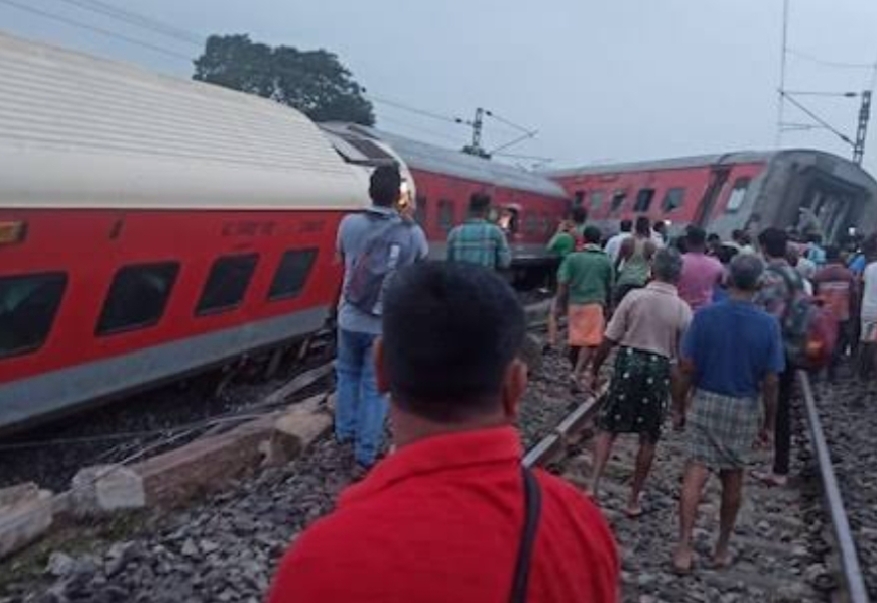


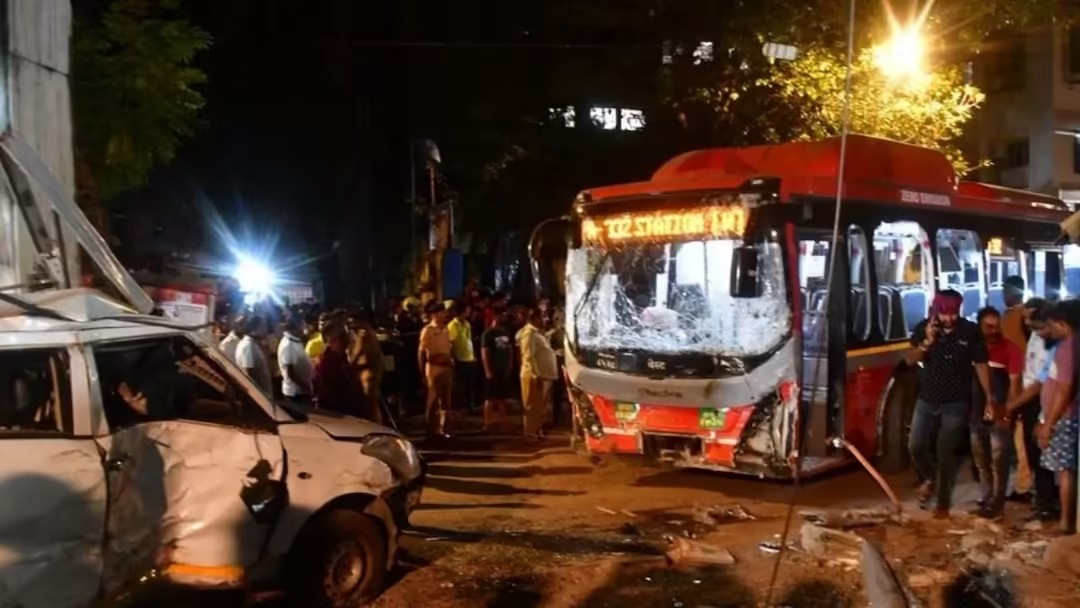


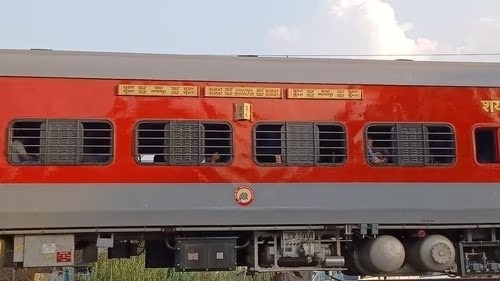
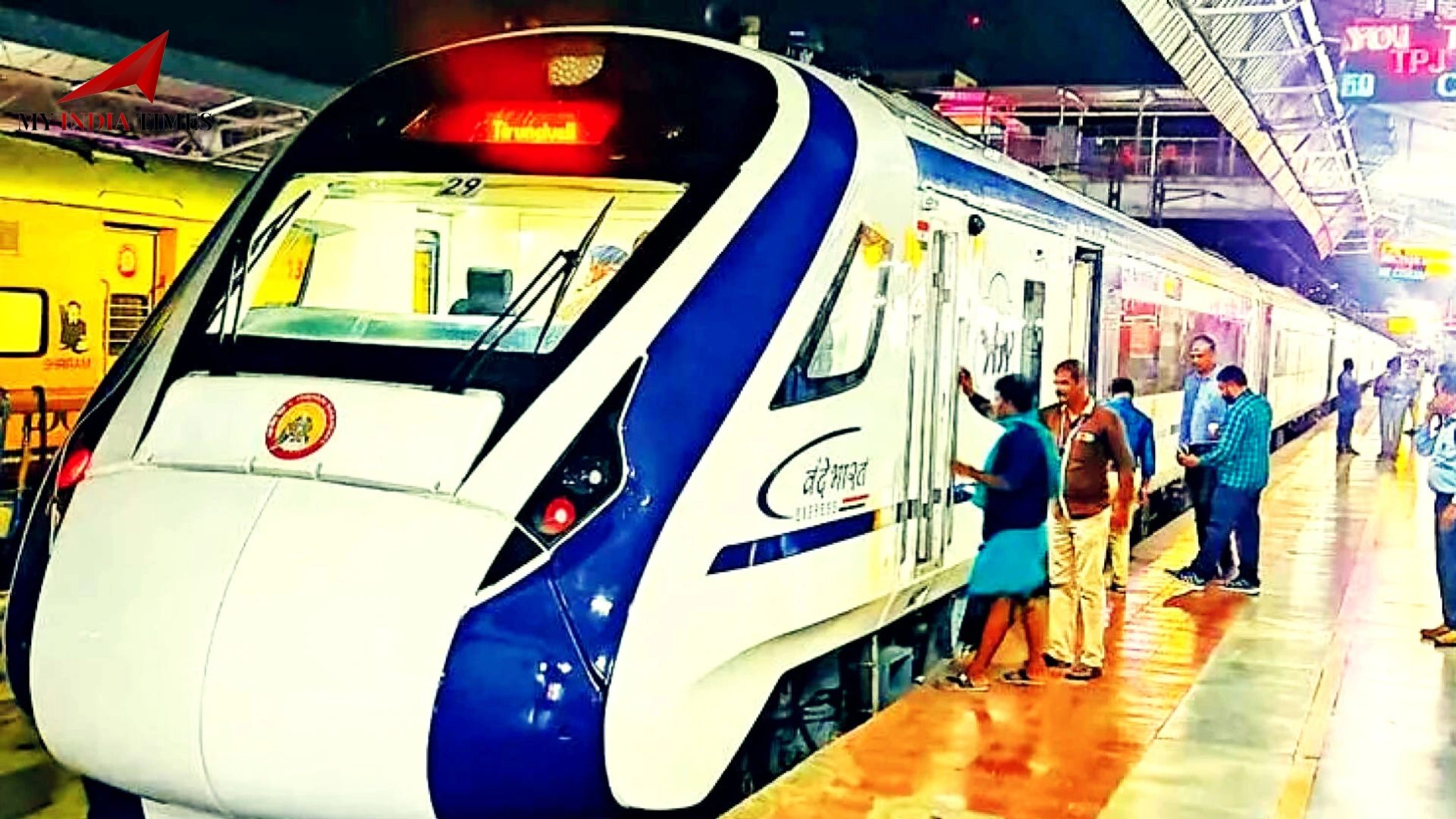


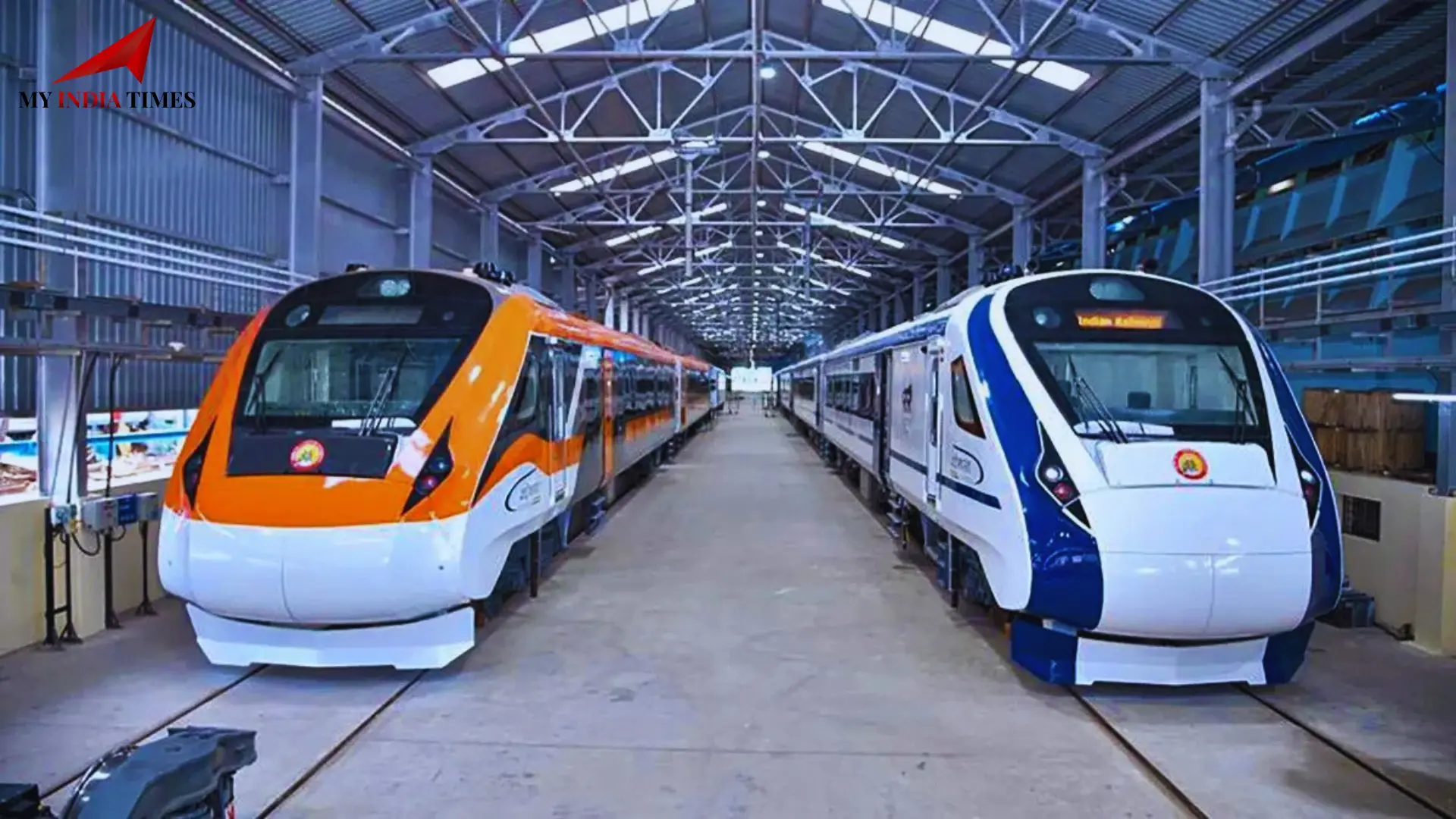
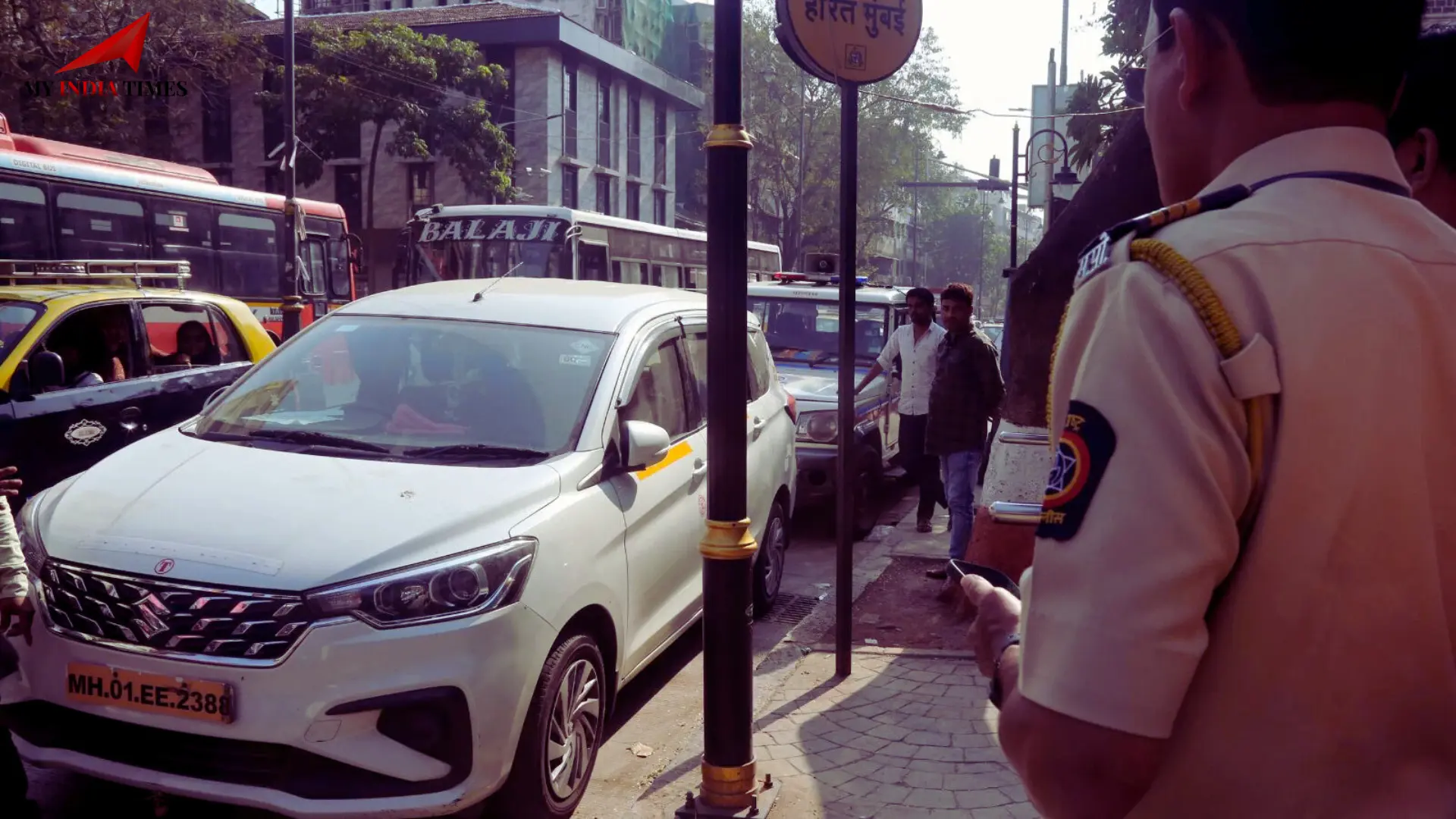
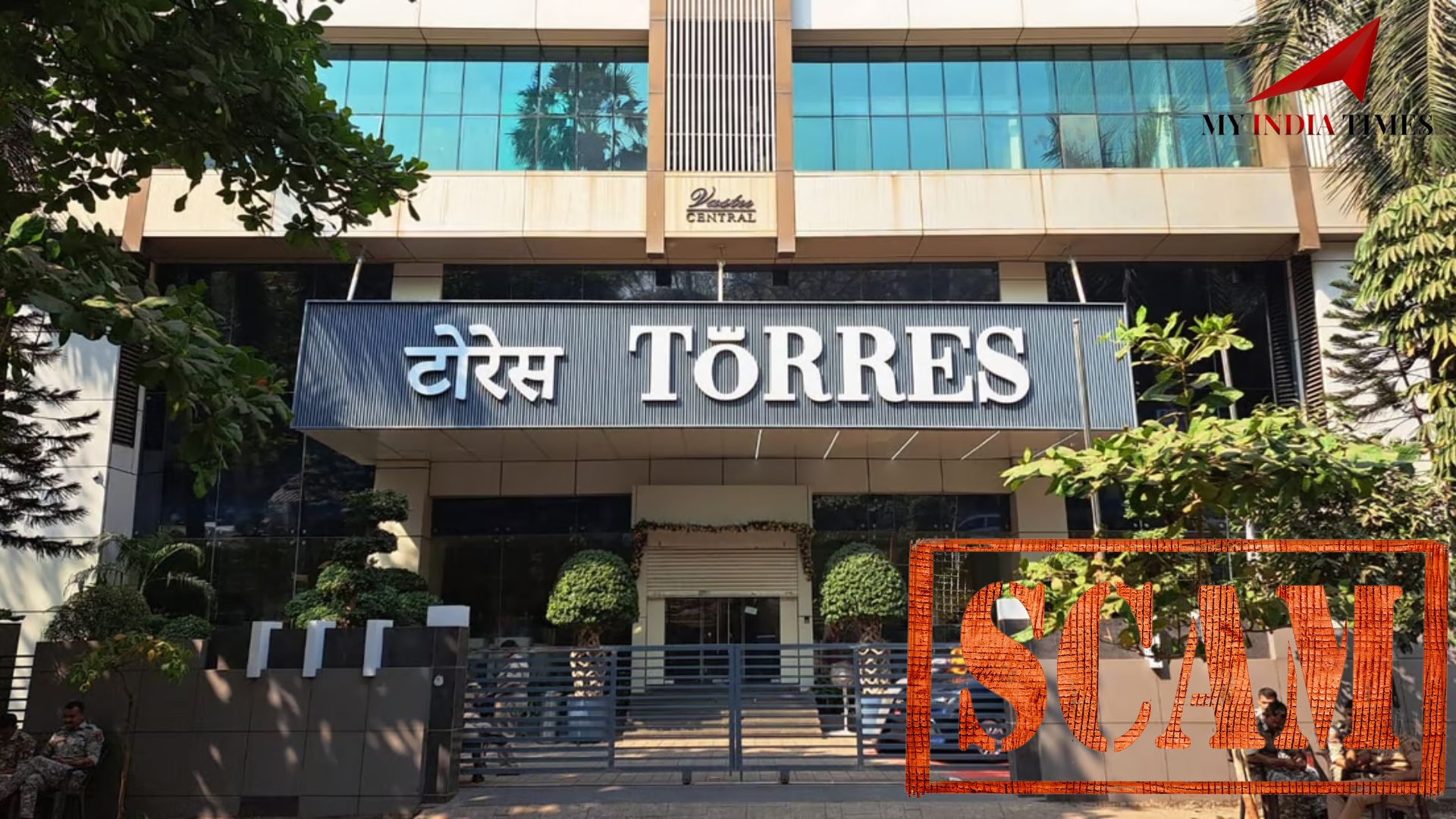

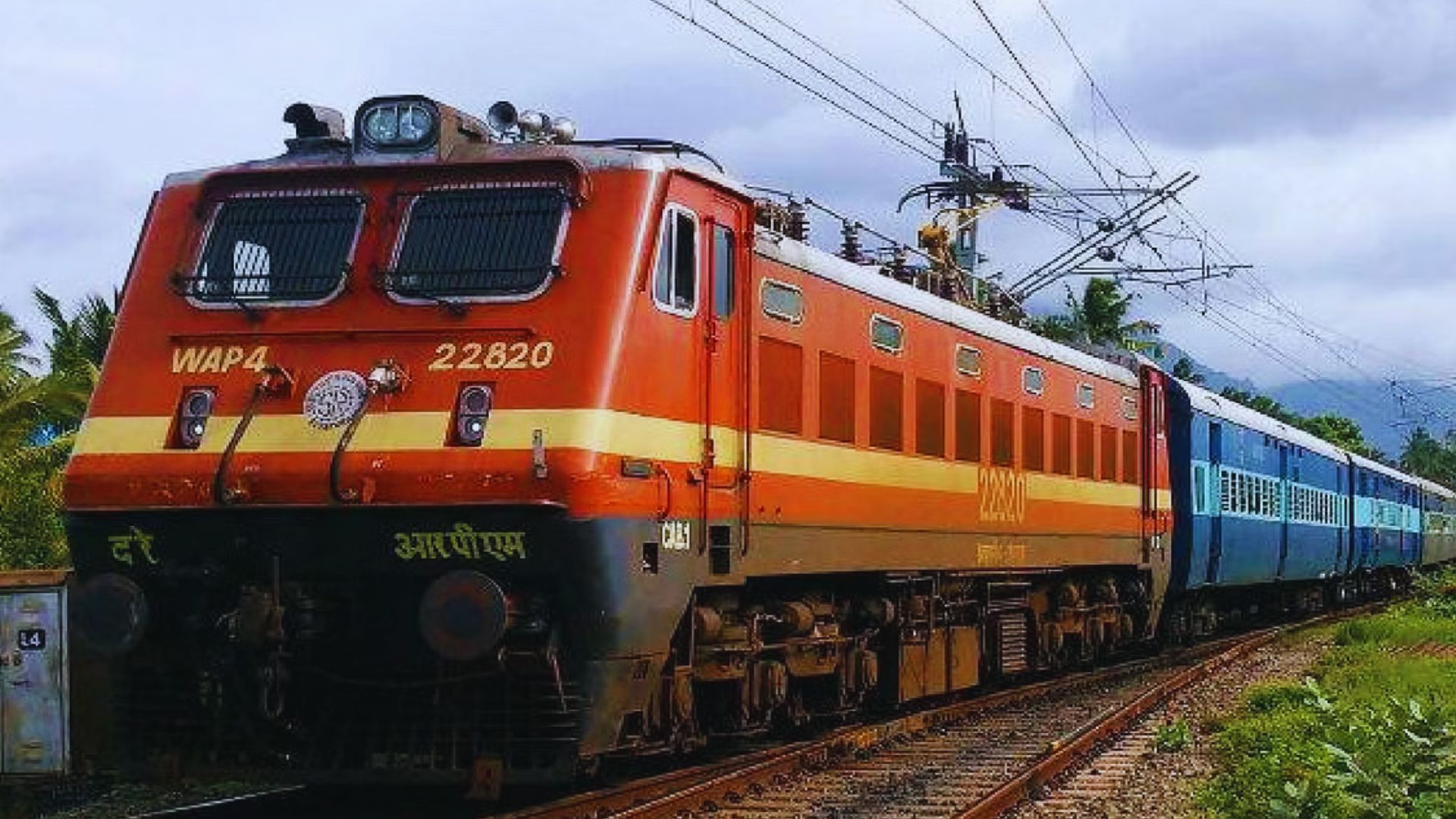
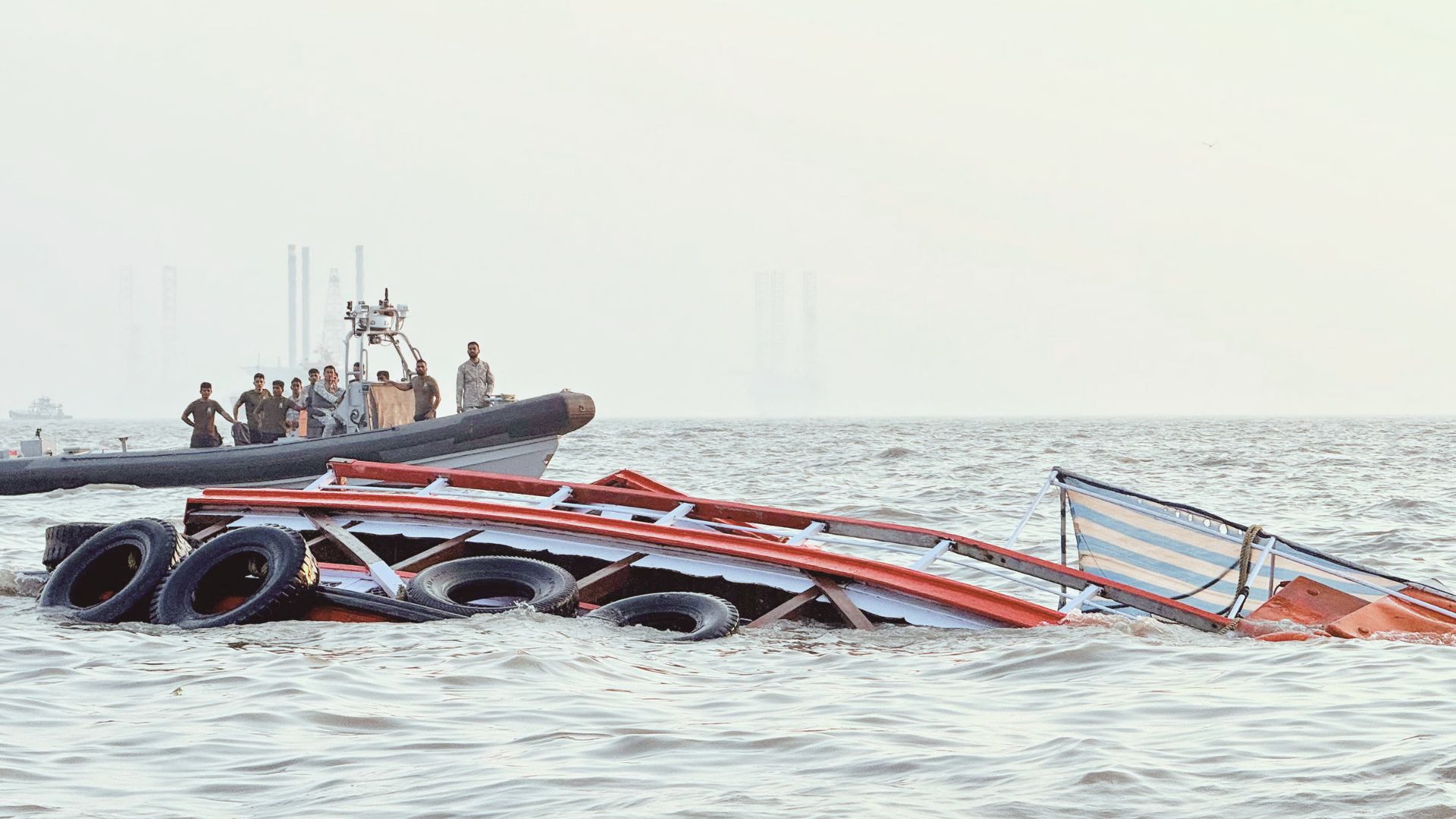
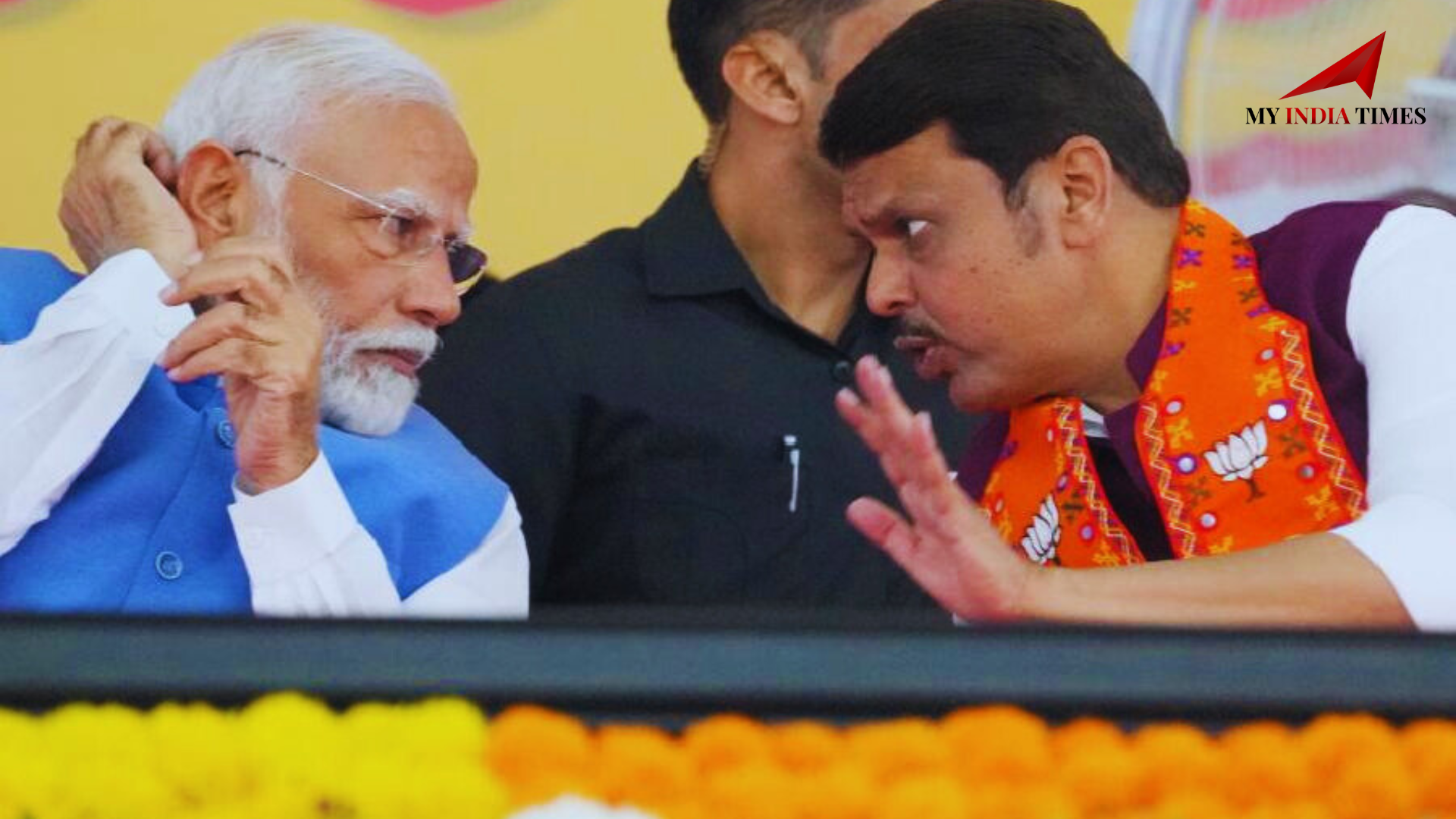























































































.png)
 (1).png)























